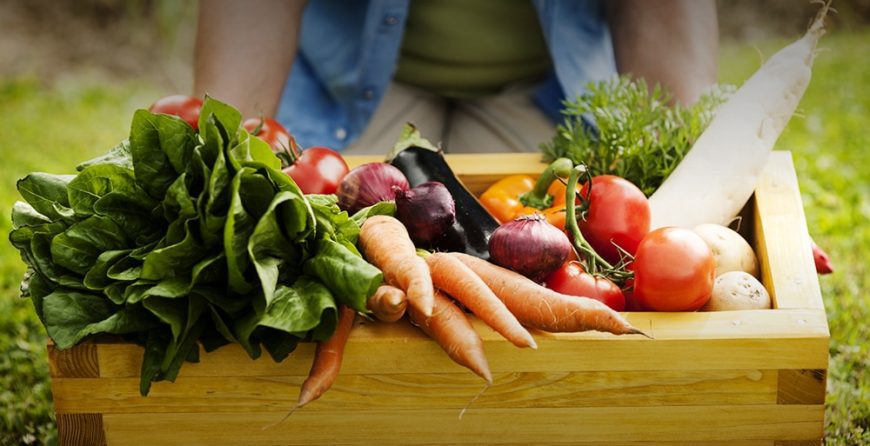 One of the best things about growing your own organic garden is that you can enjoy fresh, clean produce whenever you want, but how do you get there?
One of the best things about growing your own organic garden is that you can enjoy fresh, clean produce whenever you want, but how do you get there?
Whether you’re new to gardening or you’re looking to leave chemical fertilizers and pesticides behind, we’ve got some great tips that will guarantee you organic gardening success.
Create the Right Conditions
Before you ever start working with seeds, you need to establish the right soil conditions. Place your garden where it will get at least 6-8 hours of sunlight every day. Adjust your soil composition so it contains the proper amount of nutrients and has the right pH levels. Don’t be afraid to add lots of organic compost!
Use Organic Garden Fertilizer
Not every soil type requires fertilizer, but using it will encourage your plants to grow faster. Whenever you feed your plants, use natural products. Go with an organic fertilizer composed of well-rotted animal manure from plant-eating animals such as rabbits, chickens, sheep, and horses are recommended. This kind of pre-packaged fertilizer can be bought online, created with compost and food waste, or found at your local lawn and garden center or co-op.
Pro Tip: Your soil might already be as rich as it needs to be. In this case, don’t add organic fertilizer since too much of a good thing will attract pests.
Rotate Your Crops
If you’ve been gardening for a while, you know that planting vegetables in the same place every year can cause disease. To prevent diseases from attacking your plants, place them in different areas of the garden each year.
You should also avoid planting related crops together since they can be affected by the same diseases. Watch your tomatoes, potatoes, eggplant, and peppers closely. Also keep an eye on plants in the squash family such as pumpkin, watermelon, cucumber, and squash.
Keep Everything Organic, Even Mulch
Healthy, organic soil is critical when creating a healthy organic vegetable garden. Obviously the goal is to keep any artificial ingredients out of the soil, so make sure your mulch is organic too.
Place a layer of mulch over your soil to reduce weeds and to create a barrier that will keep out fungal diseases. For most gardens, a layer between one and two inches is effective. Organic mulch is usually composed of cocoa hulls or weed-free straw, so look for those ingredients when you’re in the store.
Weed Prevention
You’ll get the best harvest when you keep weeds out of the garden. If weeds weasel their way in, they’ll take water and nutrients away from your plants and they’ll attract pests. Be vigilant in your quest to keep weeds out.
Maintenance is Key
Disease will spread quickly when there is any dead or fallen matter in your garden. Clean it out at least once a week, or whenever you see fallen leaves, to prevent disease from taking over. Keep in mind that you can sometimes save a plant if you remove an infected leaf, so if you see signs of disease, there is still hope.
Water Properly and with Caution
Did you know that wet leaves attract disease, especially during the afternoon and evening hours? Don’t water your plants with a sprinkler and opt for a soaker hose that will water the roots directly.


